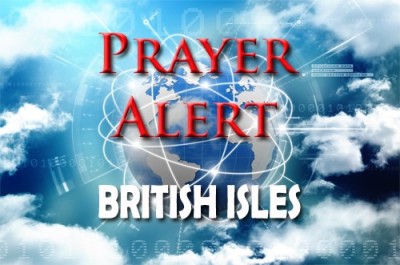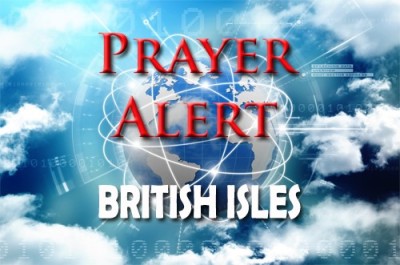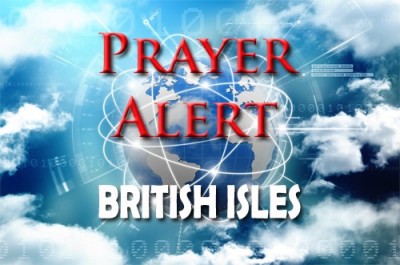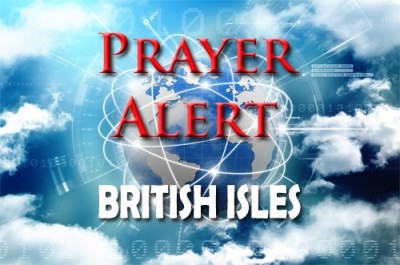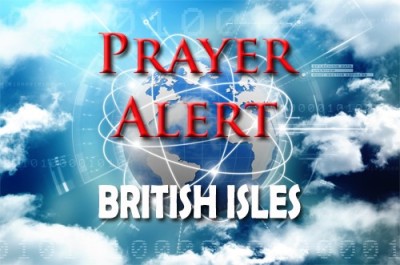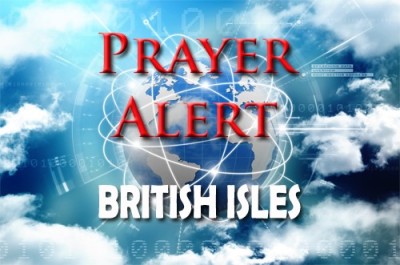Voter confidence at record low, says report
Trust and confidence in the UK’s political system have reached an all-time low, according to a report for the National Centre for Social Research. It reveals that a record number of voters almost never trust the Government to prioritise the country's interests over party politics or believe politicians to be truthful in challenging situations. Disillusionment, particularly among Brexit supporters, is cited as a significant factor, with Brexit not delivering the anticipated outcomes. Other contributors to this distrust include political scandals and the cost-of-living crisis, with those struggling financially expressing significant discontent. The report, entitled 'Damaged Politics’, shows that 45% of voters do not trust the Government to prioritise the country, 58% doubt politicians' honesty, and 79% believe the governance system requires substantial improvement. Additionally, 53% of respondents support a fairer voting system for smaller parties, highlighting dissatisfaction with the current first-past-the-post system. Public comments reflect a strong desire for truthful politicians and systemic reforms to restore trust and accountability.
More than half of UK students work long hours in paid jobs
A recent report highlights that more than half of UK students are working long hours in paid jobs to support themselves through their studies. 55% of students work an average of 17 hours per week. Some work over 35 hours, impacting their academic performance and mental health. Rising living costs and insufficient student loans are primary reasons for this trend. Students from disadvantaged backgrounds are disproportionately affected, often having to choose between work and study. Many students report feeling stressed and fatigued, which affects their ability to focus on their coursework. The report calls for increased financial support for students and better job flexibility from employers to accommodate their academic commitments. These findings underscore the need for a systemic approach to address the financial pressures faced by students in higher education.
Conference debates future of established Church
The future of the established Church of England was the focus of a recent conference in Oxford. Scholars, clergy, and laypeople gathered to discuss the challenges and opportunities facing the Church in modern society. Topics included declining attendance, the Church’s role in public life, and the need for renewal and reform. Keynote speaker Professor Sarah Foot emphasised the importance of the Church adapting to contemporary cultural shifts while maintaining its theological foundations. Discussions highlighted the tension between tradition and innovation, with many calling for a renewed focus on community engagement and social justice. The conference underscored the urgency for the Church to find new ways to connect with a diverse and often secular population, while preserving its core mission and values. Participants left with a sense of both the challenges ahead and a commitment to work towards a vibrant future for the CofE.
Over 380,000 cancer patients not treated on time
A concerning report reveals that over 380,000 cancer patients in the UK have not been treated on time since 2015. This backlog is attributed to systemic issues within the NHS, including staff shortages, increasing patient numbers, and the impacts of the Covid pandemic. The delays have serious consequences for patients, as timely treatment is crucial for cancer survival rates. The report urges substantial investment in the NHS to address these issues and improve cancer care. Health professionals and patient advocacy groups are calling for immediate action to ensure that cancer patients receive timely and effective treatment. The Government acknowledges the problem and has promised to work on solutions, but there is widespread agreement that more needs to be done quickly to prevent further harm to patients.
Appeal for blood donors after hospital ransomware attack
An urgent appeal for blood donors has been issued following a ransomware attack on London's NHS hospitals, attributed to a Russian cybercriminal group. The attack disrupted operations and caused cancellations of procedures and blood transfusions. NHS Blood and Transplant urgently seeks O positive and O negative blood donors to replenish stocks. Medical students have been asked to volunteer for long shifts to support hospitals during this crisis. The NHS is working to minimise disruption and advises patients to attend appointments unless contacted otherwise. We pray for swift recovery and resilience for the NHS amidst this cyberattack.
Toxic chemicals in UK diet: stricter regulations needed
A recent report calls for stricter regulations to address the hazardous levels of chemicals in products consumed by UK residents. The investigation highlights the widespread presence of harmful substances in everyday items, posing significant health risks. Experts recommend tougher enforcement of safety standards and better public awareness to mitigate exposure to these toxic chemicals. The report underscores the need for immediate action to protect consumers and ensure safer products.

